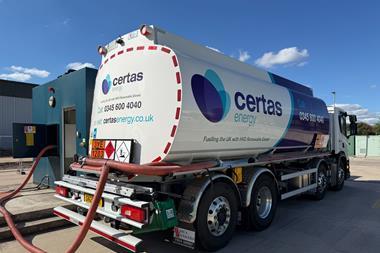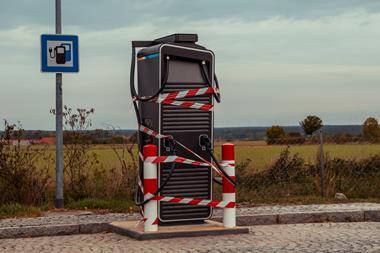Fuel duty should be reduced by 5ppl, according to a new report by the 2020 Tax Commission, which is part of the TaxPayer’s Alliance. It says British motoring taxes are very high, not just by international standards but even by comparison with other countries in Europe.
In September 2011, tax accounted for 60% of the pump price of petrol in the UK, and 58% of the pump price of diesel – both a greater percentage than in any other EU country.
VAT is also paid on motor fuel and the purchase of new cars, so both Fuel Duty and Vehicle Excise Duty, in their entirety, constitute a premium on the level of taxation judged fair across a range of other products, says the report. Fuel Duty and Vehicle Excise Duty are therefore entirely green taxes except to the extent they compensate for other externalities such as the need for road building and maintenance.
“These taxes have been explicitly aimed at reducing emissions. For example when the Fuel Duty escalator was introduced, it was described as a part of Britain’s strategy to meet objectives agreed at the Rio Earth Summit.”
However, the report argues that most people do not live close enough to their place of work, or all the services they need to access, to be able to walk or cycle. That means that if they did not drive they would need to use public transport. Many rail and bus services are already struggling to cope with demand, despite the fact that trains only account for 7% of passenger travel, and buses and coaches 6%, against 85% who travel by car and van.
“By relieving congestion on public transport networks, motorists do a significant public good,” states the report.
“Motorists also encourage the development of greater road transport infrastructure. Just as motorists may be inconvenienced by other drivers who create congestion on the roads, those other drivers also support a network of services that make all motorists’ lives easier.
“If there were fewer motorists, the broad network of service stations, roads, mechanics, driving instructors and other services that support driving would be less comprehensive.
“By driving, people enable economic activity to be more geographically dispersed. That eases pressure on public services such as water and sewerage.
“If motorists can travel further to look for work, they are less likely to claim unemployment benefits and are more likely to find a job that makes full use of their skills.”
The report states that Fuel Duty and Vehicle Excise Duty raised £31.5bn in 2009. Road spending in 2009-10 was £9.9bn and the social cost of road transport emissions was £3.5bn in 2009. As a result, excess green taxes were £18.1bn, or £293 per person.
Those living in the suburbs and rural areas pay far more than those living in cities.
“Excessive motoring taxes increases the cost of working, relative to staying at home; make it more expensive to look further afield for work; increase costs to industry; and directly depress living standards. The 2010 Tax Commission recommends cutting the rate of Fuel Duty by 5ppl.”

































No comments yet